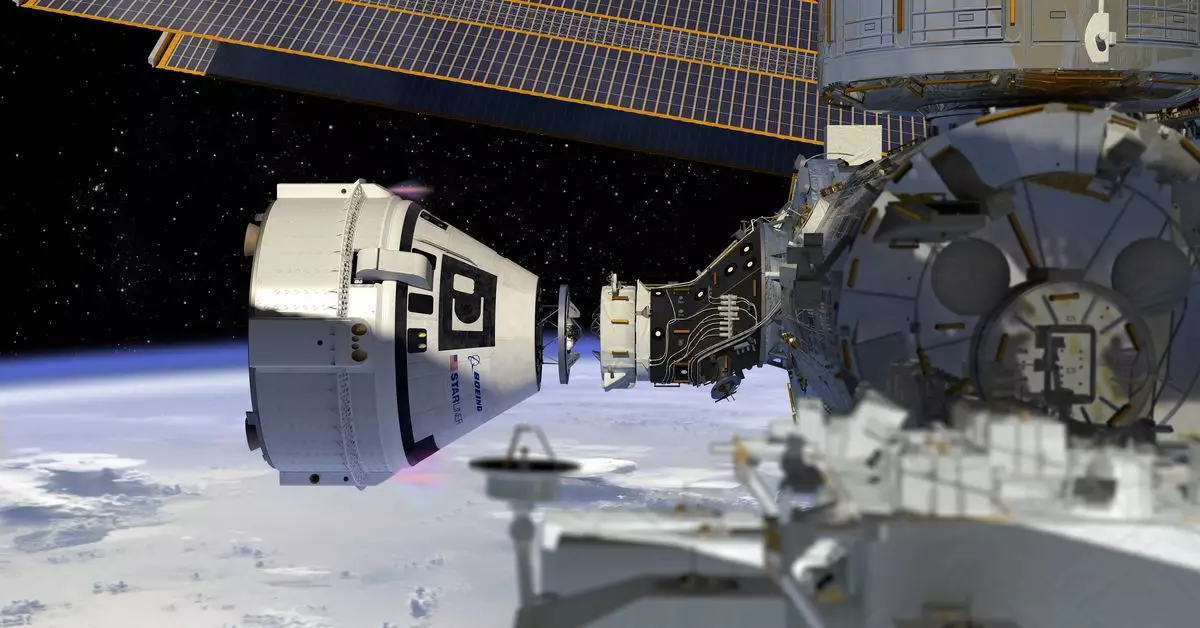NASA administrator Bill Nelson has confirmed that US astronauts Sunita Williams and Barry Wilmore will be returning in February with the SpaceX Crew-9 mission after spending over 80 days aboard the International Space Station (ISS).
NASA Commercial Crew Program manager Steve Stich stated that after obtaining more data over the summer and realizing the uncertainty surrounding the data, it was decided to return the Starliner uncrewed. Stich mentioned that there was too much uncertainty regarding the prediction of the thrusters, posing a significant risk to the crew on board.
Trust in Boeing and NASA’s Commitment
Addressing how NASA can trust Boeing again, NASA Associate Administrator Ken Bowersox emphasized the importance of maintaining a healthy discourse within the team. Despite the challenging decision-making process, Bowersox stated that NASA is committed to continuing to work with Boeing. Stich also commented on Boeing’s model, questioning its effectiveness in predicting performance for a crew.
The two astronauts were initially meant to spend only eight days aboard the ISS following the successful launch of Boeing’s Starliner on June 5th. However, thruster failures, helium leaks, and valve issues occurred during the spacecraft’s docking with the ISS, leading to a change in plans. Tests conducted at NASA’s White Sands Test Facility indicated that deformed Teflon seals might have contributed to the thruster failures on the spacecraft.
Weighing Options for Astronauts’ Return
With limited access to the spacecraft docked with the ISS, NASA had to decide whether to bring the astronauts back on the Starliner or utilize SpaceX’s Crew-9 mission to return them to Earth early next year. The decision-making process involved evaluating the risks involved and prioritizing the safety of the crew members.
The return of US astronauts from the International Space Station highlights the complexities and challenges involved in human spaceflight missions. NASA’s collaboration with commercial partners like Boeing and SpaceX plays a crucial role in advancing space exploration. While setbacks and uncertainties may arise, it is essential to prioritize safety and make informed decisions to ensure the well-being of astronauts in space missions.


Leave a Reply